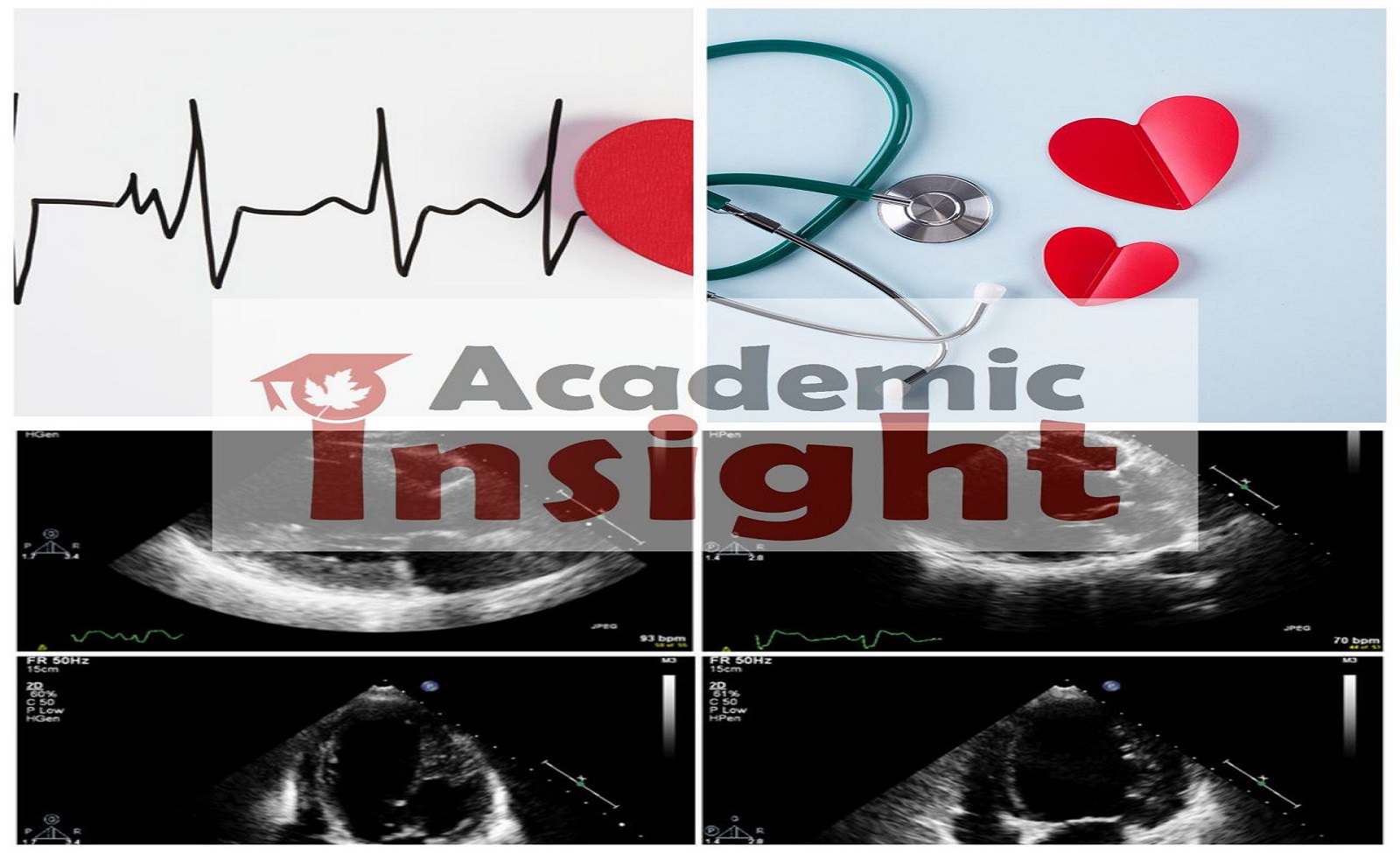As well as a lump, you may encounter some of the following most common breast cancer symptoms.
Breast cancer is the most common cancer diagnosed in women in the US. It considers as one of the leading cause of death among society. So, it is necessary to be aware of breast cancer symptoms.
List of breast cancer symptoms:
- nipple ooze (other than breast milk, if breastfeeding)
- inflammation around the collar bone
- skin irritation
- redness of the skin
- a thickening of the skin on the nipples and breast
- a nipple turning inside
- inflammation on part or all of your breast
- inflammation in the arm
- inflammation under the armpit
You should see your medical practitioner if you experience any of these symptoms.
When should I see my doctor?
Breast cancer is the most common cancer diagnosed in women in the US. Most breast lumps aren’t tumorous, but You should visit your medical practitioner if you see or feel anything new or unusual in your breast during a self-exam.
Many women still choose to continue performing self-exams. Whether or not you choose to do self-exams, you should talk to your family doctor about the appropriate age to begin checking mammograms.
The most important thing you can do to ensure early detection of breast cancer is to follow recommended breast cancer screening guidelines.
What can I expect at the doctor’s appointment?
Make an appointment with your care medical practitioner or gynecologist. Tell your specialist about the new spot you’ve noticed and the symptoms you feel. Your doctor will likely run a full breast exam and may also check nearby spots, including your neck, collarbone, and armpit areas.
Based on what they feel and see, your specialist may order further testing, such as a mammogram, biopsy, or ultrasound.
Your doctor may also recommend a period of watchful waiting. Meanwhile, you and your specialist will continue to monitor the lump for any changes or progression. If there’s any progression, your doctor should begin testing to rule out cancer.
Don’t hesitate to tell all your concerns to your doctor. If your personal or family history puts you at a higher risk of having breast cancer tell that completely to the doctor, and you may want to move forward with the appropriate diagnostic examination so you can know for sure if your breast lump is cancer or anything else.
disclaimer
Don’t forget that you should always seek the guidance of your practitioner or other qualified health professional with any questions you might have regarding your health or a medical condition. Never forget about the advice of a medical professional, or delay in seeking it because of something you have read on this or any other Website.

